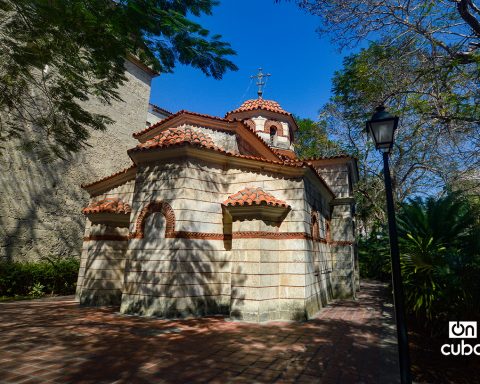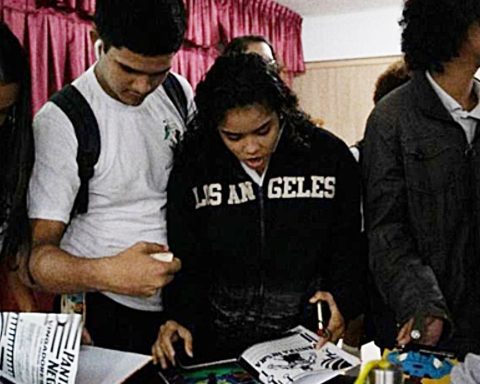With a work dedicated largely to the history of Cuba, the director and screenwriter Tomás Gutiérrez Alea “Titón” (1928-1996) transcended internationally, in addition to his complex and committed theoretical ideology, for works considered today “classic” within of Cuban and Latin American cinema as The death of a bureaucrat (1966), memories of underdevelopment (1968) or Strawberry and Chocolate (1993), the latter nominated for an Oscar for best foreign film.
Titón ventured into the cinema in 1948 and two years later he joined the Nuestro Tiempo Cultural Society. In Rome he studied Film Directing, at the Centro Sperimentale de Cinematographia. What he learned in Italy is reflected in his first feature film History of the Revolution (1960).
April 16, 1996: The famous Cuban filmmaker Tomás Gutiérrez Alea (Titón), one of the greatest exponents of the so-called seventh art in his country and in Latin America, dies in Havana at the age of 67. He was born in the Cuban capital on December 11, 1928. #BNCJM pic.twitter.com/DMHpuXSbAm
— José Martí National Library of Cuba (@BiblioNacCuba) April 16, 2023
“This filmmaker messes with what he thinks is wrong with socialism. Someone told me, and I fully agree, that the script for socialism is excellent, but that the staging leaves much to be desired, and therefore should be criticized. It is the best way to contribute to its improvement”, declared the filmmaker to The Cuban Gazette in 1993.
For the critic and researcher Juan Antonio García Borrero, the cinema of Gutiérrez Alea spoke of a utopia, he dreamed of seeing the utopia realized “and he also had time to admit that a utopia will never go beyond articulating, in a very precarious way and always provisionally , what Chantal Mouffe calls the conflicting consensus”.
Titón died in Havana at the age of 67, a victim of cancer. Thus he ended the life of an intellectual strictly attached to ethics and its truth.
On the occasion of the 90th anniversary of his birth, Casa América in Madrid dedicated a series of conferences with the participation of his widow, the actress, playwright, screenwriter and director Mirtha Ibarra; the scriptwriter and director Fernando Pérez and the Spanish Carlos Saura.
At that time the well-known director of clandestine and Havana Suite He assured that “Titón fought every second against conformism, tightening within himself the string of his creative bow.”
According to Fernando Pérez, Gutiérrez Alea’s rigor was not a disciplined and scholastic straitjacket, “but the rigor of going further, of trying to clear the mist that clouds every artistic creation,” he confessed.
As a tribute to his imprint, in December 2020 the Casa de Titón y Mirtha was created in Old Havana, a space designed for film research and promotion.
The center, located in the San Isidro neighborhood, promotes cultural exchange through film screenings for the entire community.
Sources: Ibermedia Program, Digital Encyclopedia of Cuban Audiovisual (ENDAC).
















